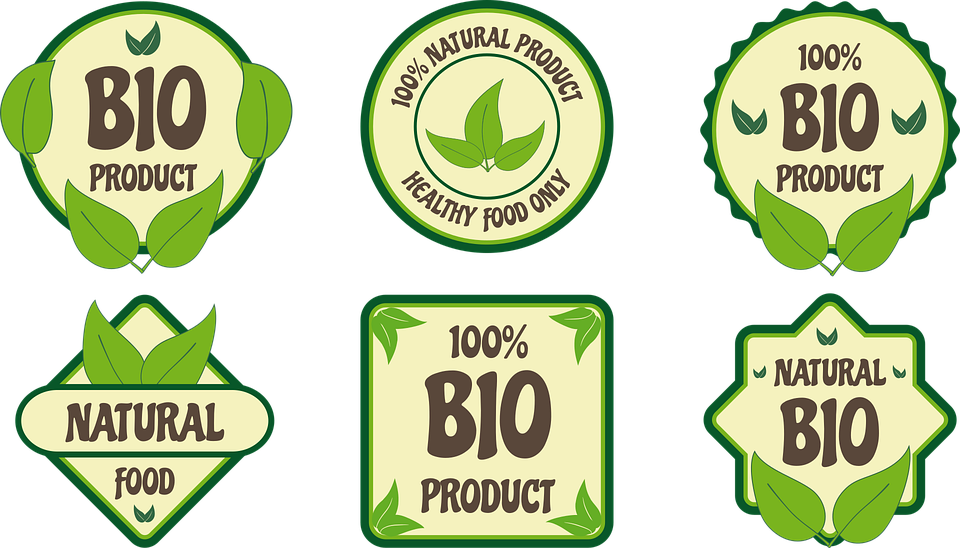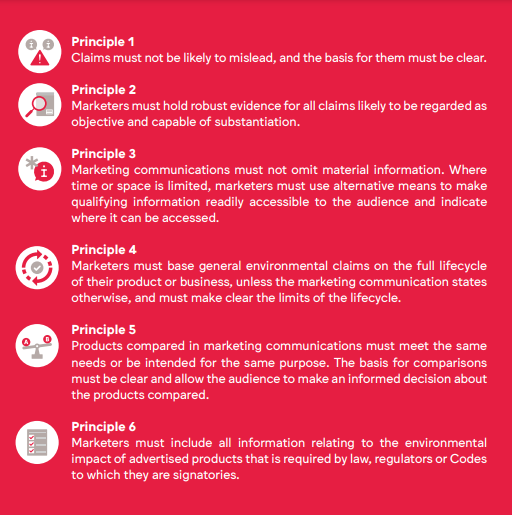A recent survey found that 66% of consumers prefer to purchase eco-friendly products. Consumers are now more environmentally conscious and their preferences have shifted to reflect this. While it is laudable that consumers are moving towards sustainable choices, are companies responding to this demand by creating truly sustainable products? Or, are their eco-friendly claims mere greenwash?
The European Union (EU) has recently proposed a new law on regulating green claims. These are assertions made by firms about the environmentally beneficial qualities or characteristics of their goods and services. This law is a result of a 2020 study in the EU which found that 53.3% of all environmental claims provided vague, misleading or unfounded information about their products’ sustainable characteristics. This was true across a wide range of product categories.
What is greenwashing?
Greenwashing is creation or propagation of an unfounded or misleading environmentalist image. Labels that mislead consumers into believing that the product is created to function in an ethical manner to protect the environment are an example of greenwashing. Greenwashing is a marketing technique used by firms to target consumers who are environmentally conscious, thus attempting to capture that market.
This term was used for the first time in 1986 by future environmental activist Jay Westerveld. He stopped at a high-end resort on the coast of Fiji island. The towels in this resort came with a note stating that ‘the oceans and reefs are an important resource, and that reusing the towels would reduce ecological damage’. Jay found this note absurd because the resort was built on the shore and undertaking expansion work, which had a direct impact on oceans and the coral reefs. The resort had no objective to protect the environment; they were simply pretending to care about the environment. This term has now become significant in the realm of consumer rights. Greenwashing misleads the consumer into choosing the product based on false claims of being eco-friendly. An example of greenwashing is the use of irrelevant or misleading certifications or labels. A product might be labelled as "organic," even if only a small percentage of its ingredients are actually organic. Similarly, a product might be labelled as "recyclable" even if it is difficult or expensive to recycle.
Impact of greenwashing
It’s a consumer’s right to receive truthful information about the product/service that they are purchasing. Greenwashing deprives consumers of this right; and makes it harder for the consumer to actually identify those products that are sustainable and eco-friendly. While consumers might be ready to pay higher prices for green products, the authenticity of information is vital to justifying this purchase.
While greenwashing might have immediate positive effects for a company, they can also lose consumers when their business practices are exposed. In a survey conducted in 2022, 47% of consumers stated that they would not buy from a brand that does greenwashing.
Above all, greenwashing also has a direct impact on the environment - these companies feel no necessity to adopt practices that reduce their detrimental effects on the planet. While they continue producing products that take a toll on the environment, misled consumers patronise the products and buy large numbers of it.
How to spot Greenwashing?
There are seven common greenwashing “sins” that consumers have to look out for when they are purchasing eco-friendly products:
The sin of the hidden trade-off
The firm claims that a product is eco-friendly based on arbitrary factors without considering other environmental issues. For example, paper is touted as an environmentally friendly alternative, but it is not completely true. The paper industry is energy and water intensive, uses bleach and causes deforestation.
The sin of no proof
When a claim is made without providing easily accessible evidence, it is considered as no proof. Ex: Norwegian Consumer Authority has ruled that H&M has practised greenwashing by providing no easily accessible proof of its environmentally friendly claims.
The sin of vagueness
Any claim that is very vague and too broadly described, which does not provide the real meaning or any specification. Ex: ‘All-natural’ is a great example of a vague term that can be found in numerous products in the market.
The sin of false labels
The product comes with a label that appears to have some sort of a certification, but is actually not authentic.

Examples of labels used to greenwash | Source: Pixabay
NOTE: In India, the only certified green logos are the eco-mark and energy star labels.

Ecomark label | BIS

Star Label & Components | BEE
The sin of irrelevance
This is any claim that is no longer of any relevance. Ex: Many products still claim to be CFC-free, an irrelevant claim because CFCs have been banned under the Montreal Protocol, implemented by India.
The sin of lesser of two evils
The green claim might be true but it is used to distract the consumer from the overall detrimental effect to the environment, made by the firm. Ex: Cigarettes being sold as ‘organic’ and ‘eco-friendly’ blatantly ignore the environmental impacts of tobacco cultivation.
The sin of fibbing
These are just false statements made about the product by the firm. There is no truth behind the claim and the company attempts to build a better brand image through unethical marketing. Ex: Volkswagen is a classic example of greenwashing using false information, when they cheated on emission tests to greenwash themselves as an environmentally conscious firm.
What actions have been taken against greenwashing?
India has not taken any specific steps to address greenwashing. Nevertheless, greenwashing will qualify as a misleading advertisement as defined under ec. 2(28) of the Consumer Protection Act, 2019.
OECD Guidelines passed on 9 December 1999 and United Nations Conference on Trade and Development’s Guidelines for consumer protection (last revised in 2015) also enumerate the consumer’s right to access adequate and accurate information to enable them to make informed choices. Greenwashing directly violates consumer rights at a national and global level. It is important to pass laws that promote transparency and accuracy when it comes to environmental marketing.
The latest EU proposal discussed in the introduction is seeking to tackle this issue in Europe. The primary objective of these rules is to crack down on misleading product labels. It seeks to regulate labels and passes the following checks to use a green label:
- Science-based assessment by the firm is mandatory to support the claims on a label, or
- It has to follow an environmental label scheme.
The Federal Trade Commission (FTC) in the United States has developed voluntary guidelines for environmental marketing claims. These guidelines are being used in courts while dealing with greenwashing. Some of the highlights of these guidelines includes:
- General principles to follow for making any environmental marketing claims
- The manner in which consumers will perceive these claims and what can be done to support these claims.
- Information to firms on how they can undertake green marketing without deluding consumers.
Businesses have to move towards sustainability and take up ethical green marketing practices to avoid greenwashing. The World Federation of Advisors passed a Global Guidance on Environmental Claims in 2022. These guidelines have been adopted by at least 27 brands. It provides 6 principles that companies can follow to ensure that they don’t greenwash their marketing:

Global environmental principles | WFA
Similarly, the Netherlands Authority for Consumers and Markets (ACM) has also passed Guidelines for sustainability claims in the starting of 2021. ACM has started to enforce these guidelines by launching an investigation into six companies in the fashion industry based on evidence that they have made misleading claims. Some of the misleading claims that were recognised by ACM are:
- Calling a product “sustainable”, which is a vague and general term and without any proof to support the claim
- Not specifying the percentage of organic cotton in the product
- Lack of any criteria and context for classifying clothing lines into “Sustainable” collections
Competition and Markets Authority (CMA), Britain’s competition regulator, has also launched a probe into greenwashing by companies in January, 2023. The regulator is investigating green claims made by firms in the food, drink, cleaning products and toiletries industry. The results of the probe will help CMA in taking enforcement action or opening investigations into specific companies.
In conclusion, greenwashing is a serious problem that has considerable effect on consumers and the environment. While various countries are considering this to be a serious issue, it is necessary to regulate and provide mechanisms to authenticate green claims by bringing in transparency and accuracy to mitigate the environmental impacts of products or services.
Meanwhile, in India, it is important for consumers to look out for the seven sins to ensure that they don’t fall prey to greenwashing.
Add new comment